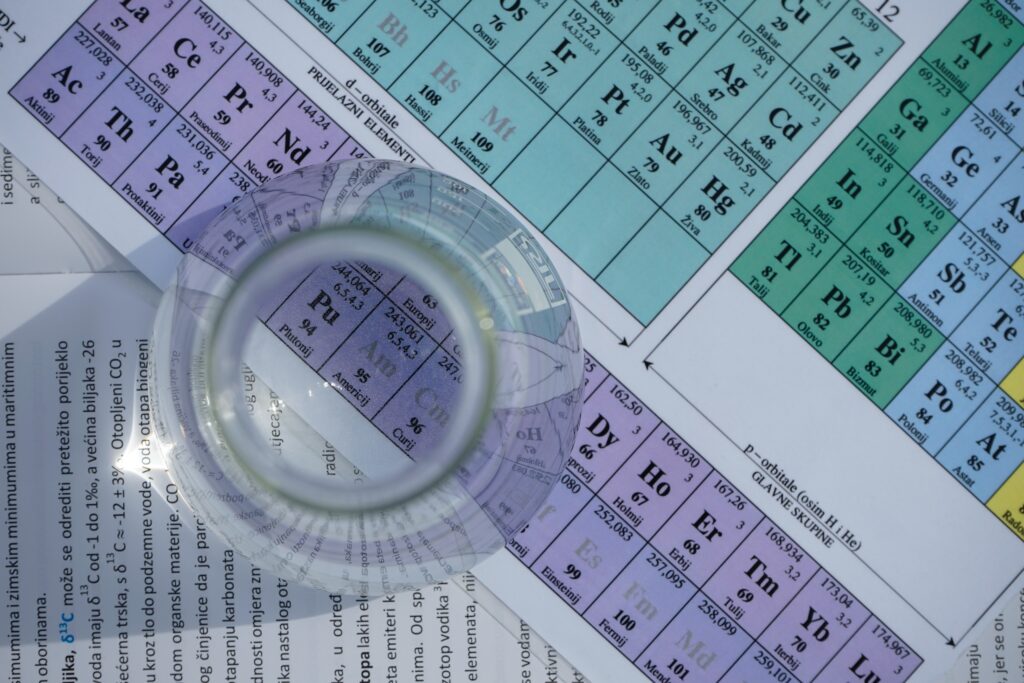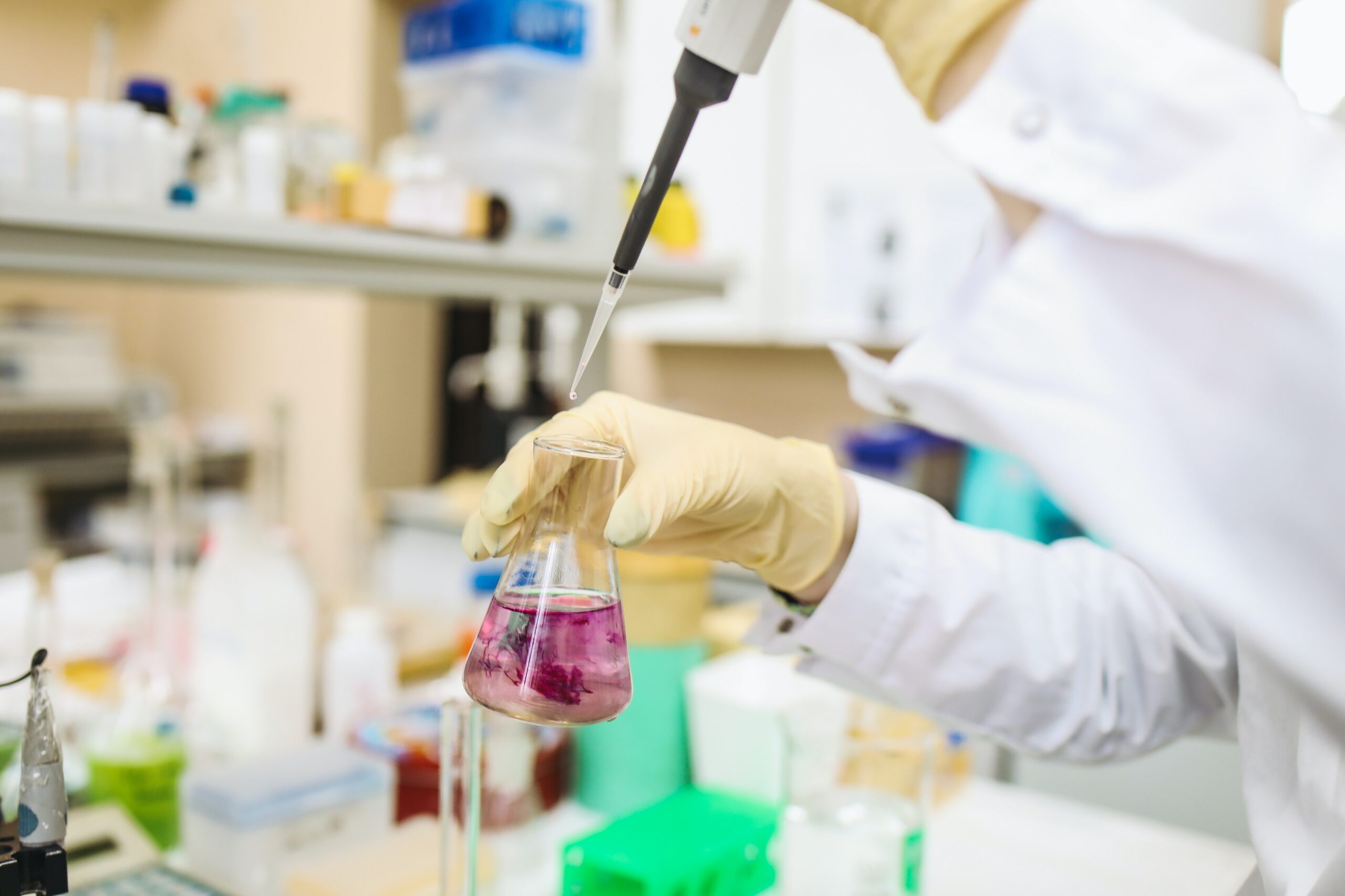Year 12 Chemistry begins with the concepts of open systems and closed systems. This will set us up to better understand static and dynamic equilibrium as well as non equilibrium…

Yes, Year 11 chemistry is a vital part of the HSC. While the course does not directly affect your ATAR mark, without the knowledge that you gain from the Year 11 syllabus, you may struggle with concepts introduced in Year 12 as well as some of the questions presented in the HSC.
The NSW Education Standards website details that the Year 11 chemistry course develops your knowledge, understanding and skills relating to the properties and structures of matter. You’ll also learn about chemical reactions and how quantities are measured in these processes.
If you want to understand more about how Year 11 chemistry fits into the HSC, here’s a breakdown of everything you need to know.
What’s in the Year 11 Chemistry Syllabus?
There are four modules within the Year 11 chemistry syllabus. Each will help you master concepts that can be used in the HSC exam.
Module 1: Properties and Structure of Matter
Your introduction to Year 11 chemistry begins with breaking down the fundamental differences in states of matter. You’ll also learn some new terms and their definitions, such as the Bohr model, Aufbau Principle and electronegativity. The topics within this module include:
- Properties of matter: how to separate mixtures and classify elements.
- Atomic structure and mass: Atoms, flame tests and nuclear chemistry.
- Periodicity: Trends in the periodic table, bonding, polarity and chemical structures.
Module 2: Quantitative Chemistry
This module will teach you how to apply maths to chemical equations. It will help you to work out the number of different substances present. While there are only two topics, they contain significant concepts you’ll need to learn as part of Year 11 chemistry. The topics are:
- Chemical reactions and stoichiometry will see you learn why practical investigations are vital. You’ll also discover stoichiometry and the Law of Conservation of Mass, which states mass can’t be created or destroyed by chemical reactions or physical transformations.
- The Mole Concept is crucial in Year 11 and Year 12 chemistry. This topic breaks down concentration, molarity and gas laws, which relate to the volume of a gas to the number of moles.
Module 3: Reactive Chemistry
Even though you learn about chemical reactions in module 2, in Reactive Chemistry, you’ll find out how to predict what reaction will occur. There are three topics you’ll cover, including:
- Chemical reactions: You’ll learn how to model and classify chemical reactions and predict metal reactions. The topic also looks at Aboriginal and Torres Strait Islander detoxification of food.
- Metal activity series: This topic explores galvanic cells and the types of reactions and trends in reactivity. You’ll also get introduced to REDOX chemistry, which involves oxidation and reduction reactions.
- Rates of reaction: Collision theory and activation energy are discussed in this topic. The factors affecting reaction rates, such as temperature and catalysts, are also explored here.
Module 4: Drivers of Reaction
The final module takes all of the knowledge you’ve gained and explores why different chemical reactions occur. New concepts such as entropy, enthalpy, and Gibb’s free energy are also discussed. You’ll touch on the laws of thermodynamics and how it governs the movement of heat and energy. The topics include:
- Energy changes in chemical reactions: You’ll learn how a few simple formulas can help quantify the amount of energy associated with a chemical reaction.
- Catalysts in chemical reactions: You know that catalysts play a vital role in several chemical processes. In this topic, you’ll learn what they are and how they work.
- Enthalpy and Hess’s Law: Different rules apply to the enthalpy of a chemical reaction, such as the law of conservation of energy and Hess’s law. Both are explored in this part of the Year 11 chemistry syllabus.
- Entropy and Gibbs Free Energy: These two factors must be explored when predicting if a reaction will occur spontaneously. You’ll learn how entropy changes and Gibbs’s free energy is a part of the process.
What is in the Year 11 Chemistry Assessment?
Your marks from the Year 11 Chemistry assessment do not count towards your ATAR. It’s designed to test your knowledge on the concepts you’ve learned throughout the year and prepare you for Year 12 Chemistry and the HSC. Within the exam, you can expect an assortment of knowledge, calculation and analysis questions.
The knowledge questions will ask you to recall principles you’ve learned throughout the course. You’ll need to construct a logical answer and include vital pieces of information to achieve the highest mark. You may also need to apply your learnings to a hypothetical situation. It will test your understanding of the topics you’ve been taught.
In a calculation question, numerical information will get provided. You’ll need to give a numerical answer using the knowledge you’ve gained from Year 11 chemistry and the formulas you’ve learned. You should outline how you came to the solution and ensure you provide it in the requested format.
You’ll receive data from a chart or table when presented with an analysis question. You’ll be expected to examine these details and extract data to form a logical conclusion.
Like many assessments, the questions will be marked according to the difficulty. The less complex the question, the fewer marks will get attributed. Harder questions will require you to retrieve learnings from several topics and areas within the Year 11 syllabus.
Is Year 11 Chemistry Hard?
As Year 11 chemistry introduces new concepts and principles, it’s normal for many students to find the subject difficult. Some of the areas where pupils struggle includes explaining chemistry concepts. Not using significant figures and units when answering calculation questions is also common.
Some of the other areas include not being able to provide balanced chemical equations. Students struggle to give the correct formula, subscripts for states and demonstrate knowledge of diatomic elements.
But one of the most common issues is that students focus on answering various questions instead of learning the principles taught in Year 11 chemistry. Fortunately, you can engage a chemistry tutor who can help embed the concepts and ensure you’re adequately prepared for the HSC exam.

HSC Chemistry Tutor
Master Coaching offers one on one tutoring for HSC Chemistry. We are located in Hurstville, Sydney, and also offer online tutoring to students across NSW.



